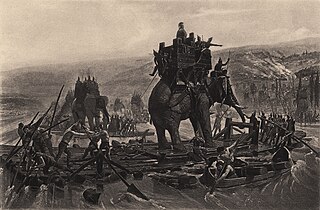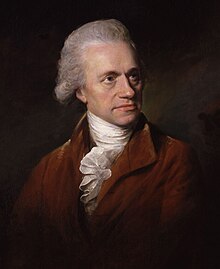 On this date, January 23, Song dynasty troops with crossbows decisively defeated the Southern Han war elephant corps at the battle of Shao in 971. Which might seem a hair-raising and messy irrelevancy. But I record it because I’ve always found it odd that the crossbow was such a mighty weapon with so little impact on military history, and considered elephants an absurd weapon that I can’t figure out what I’d do if the other side showed up with them.
On this date, January 23, Song dynasty troops with crossbows decisively defeated the Southern Han war elephant corps at the battle of Shao in 971. Which might seem a hair-raising and messy irrelevancy. But I record it because I’ve always found it odd that the crossbow was such a mighty weapon with so little impact on military history, and considered elephants an absurd weapon that I can’t figure out what I’d do if the other side showed up with them.
The "mumakil" or "oliphaunts" are a significant problem at the Battle of the Pelennor Fields in the book version of the Lord of the Rings, and a ludicrously overblown one in the movie where they seem to kill about 63,000 of the Rohirrim before Legolas does them all in. But trying to devise a sensible strategy even for the more reasonably elephant-sized ones in the book is a puzzler. So having the Song riddle them with crossbow bolts fired with such incredible energy as to bring down even that big a target works for me.
As it did for them; elephants were then permanently dropped from the main Chinese order of battle. At which point they also started working on gunpowder weapons since once the elephants were gone, there wasn’t a lot the apparently super-cool crossbow could do. Despite at least a millennium and a half of military use of crossbows, this is the only battle I’m aware of where it was decisive.
As for elephants, they were used militarily in parts of Southeast Asia into the 19th century. Elsewhere it turned out they reacted even worse to cannonballs than crossbow bolts.


